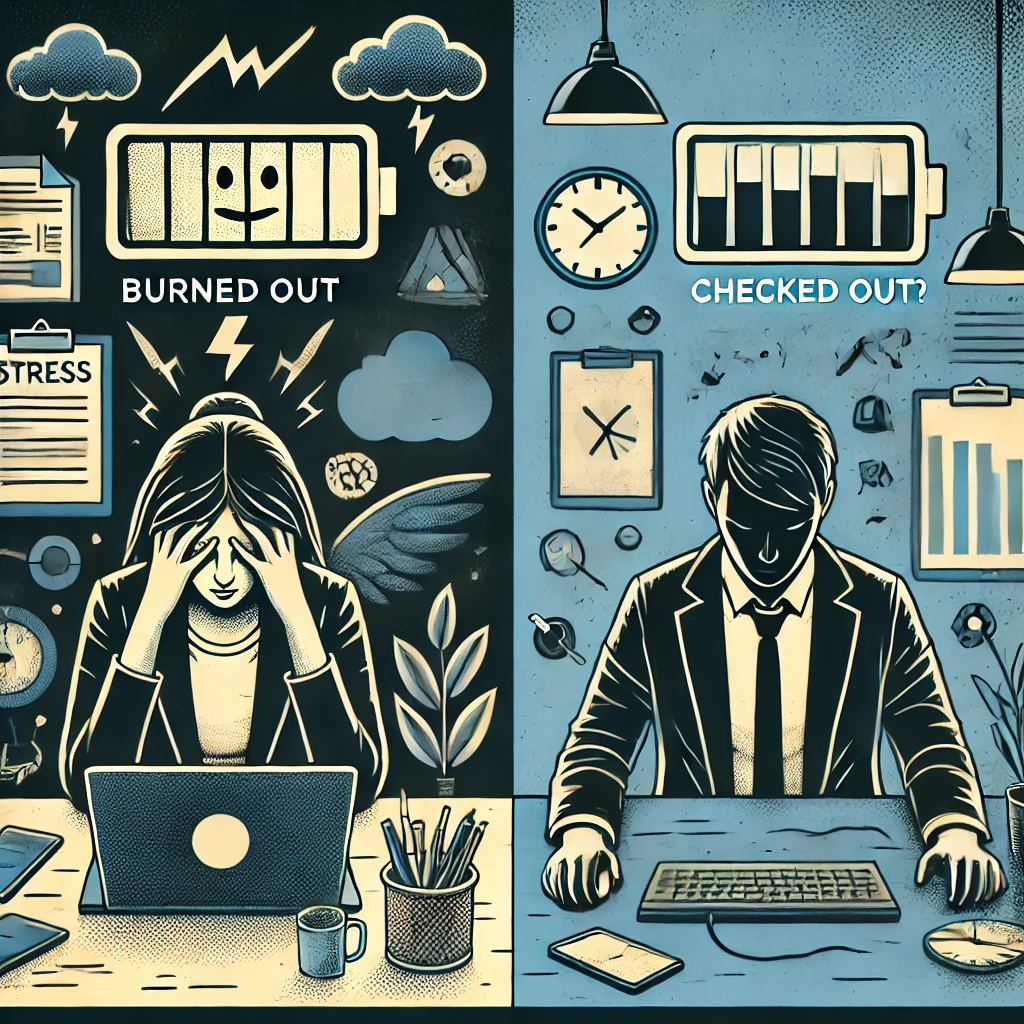The Productivity Trap: When Busy Becomes a Badge of Honor
Let’s face it—we’ve all been there. Responding to emails at midnight, attending back-to-back meetings, and proudly saying, “I’ve been so busy!” Somewhere along the way, being busy turned into something to brag about. But let’s pause for a second—is being busy the same as being productive?
The Illusion of Productivity
In many workplaces, especially in India’s fast-paced corporate culture, there’s an unspoken rule: the busier you are, the more valuable you must be. Employees feel the need to stay late at the office or constantly check emails after hours just to show dedication. But does this actually lead to better results? Not really.
A friend of mine working in a major IT firm once told me how her boss praised employees who stayed back late, even if their work was subpar. Meanwhile, those who finished their tasks efficiently during office hours were overlooked. This mindset glorifies busyness and punishes true productivity.
Why We Fall into the Productivity Trap
- Cultural Expectations
In Indian workplaces, long hours are often equated with hard work. Employees feel guilty leaving on time, fearing judgment from peers and superiors. - Technology Overload
With smartphones and instant messaging apps, we’re always “on.” The line between work and personal life is blurred, making it hard to disconnect. - Lack of Clear Priorities
When tasks pile up without clear direction, people end up juggling everything—urgent or not—just to look occupied. - Fear of Being Left Out
FOMO (Fear of Missing Out) isn’t just for social media. Employees often feel pressured to join every meeting or reply instantly to messages to stay relevant.
The Cost of Wearing “Busy” as a Badge
- Burnout: Constantly being in work mode leads to mental and physical exhaustion. According to a LinkedIn survey, 70% of Indian professionals reported feeling stressed at work.
- Decreased Productivity: Multitasking and overloaded schedules actually slow down productivity and increase mistakes.
- Poor Work-Life Balance: Relationships and personal well-being take a backseat when work dominates every waking hour.
How to Break Free from the Productivity Trap
- Prioritise Tasks Wisely
Use frameworks like the Eisenhower Matrix to differentiate between urgent and important tasks. Not everything needs to be done right now. - Set Boundaries
Encourage a culture where leaving work on time is normal. Leaders should set the tone by respecting after-hours boundaries. - Focus on Outcomes, Not Hours
Shift the focus from how long employees work to what they achieve. Performance should be measured by results, not busyness. - Embrace Deep Work
Block distraction-free time to focus on meaningful tasks. For example, some companies implement “No-Meeting Wednesdays” to let employees dive deep into work. - Encourage Breaks and Downtime
Studies show that taking breaks boosts creativity and productivity. A 10-minute walk or even a chai break can work wonders.
Companies Getting It Right
- Zoho: The Indian SaaS giant promotes work-life balance and flexible working hours, focusing on output rather than long hours.
- Tata Steel: They introduced ‘Agile Working’ policies that allow employees to choose their working hours and location, improving productivity.
Final Thoughts
Being busy isn’t the same as being productive. It’s time we stop glorifying hustle culture and start celebrating smart work. True productivity comes from working efficiently, setting boundaries, and valuing well-being. Let’s break free from the trap and focus on what really matters—doing meaningful work without burning out.
So, the next time you find yourself bragging about being busy, ask yourself—Am I being productive, or just busy?








